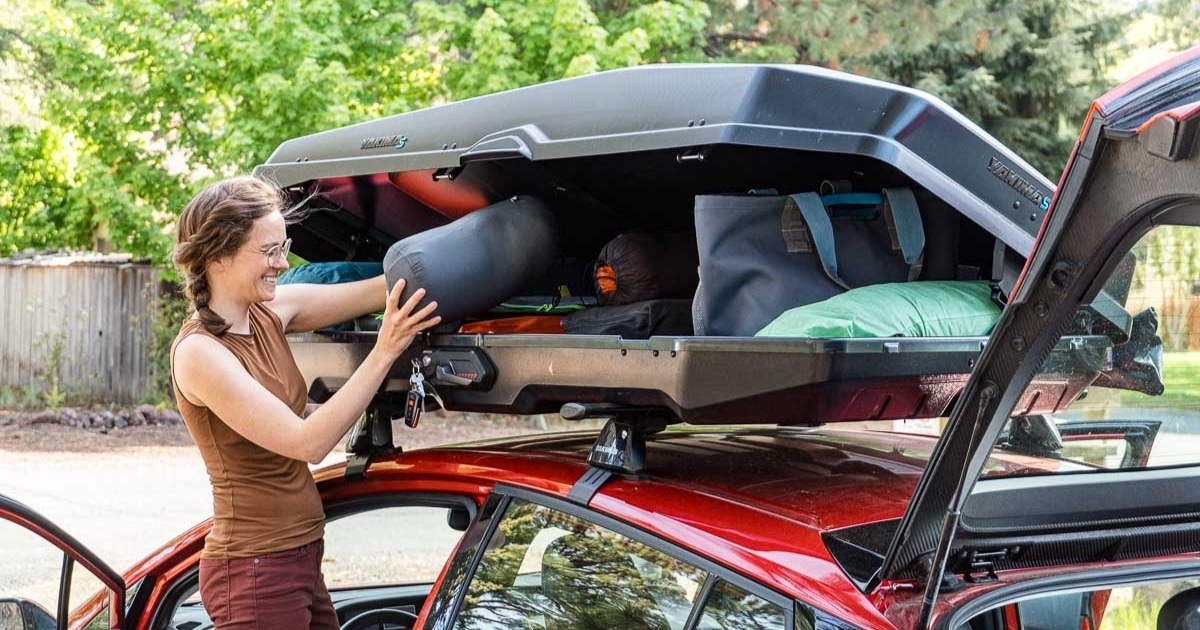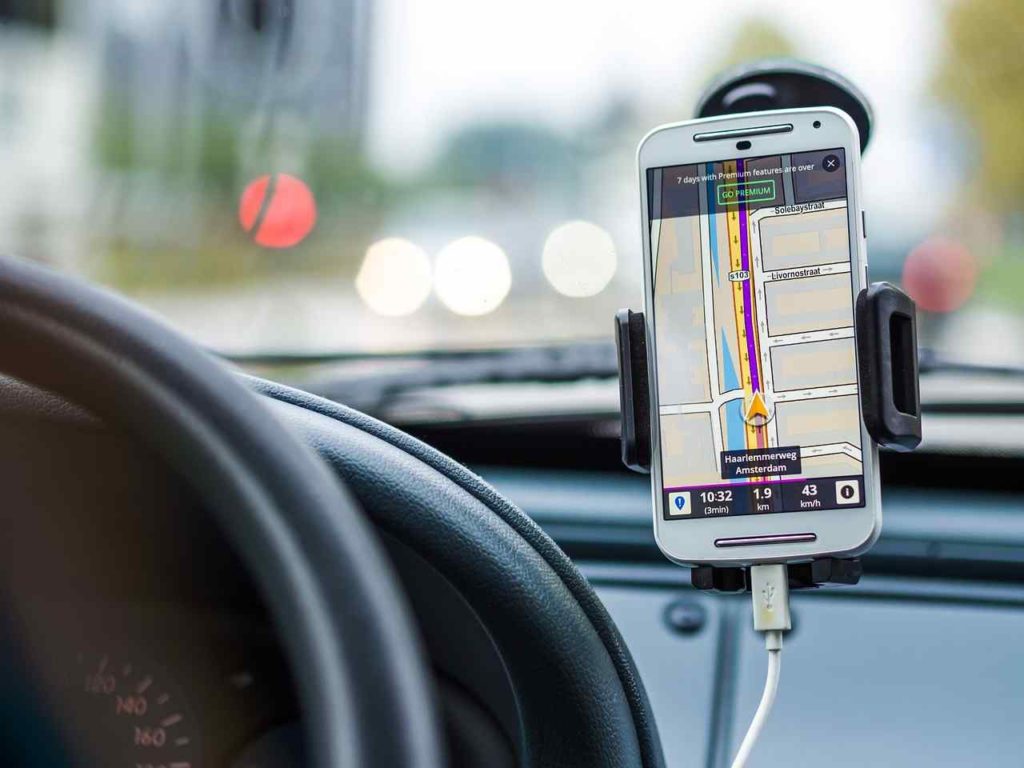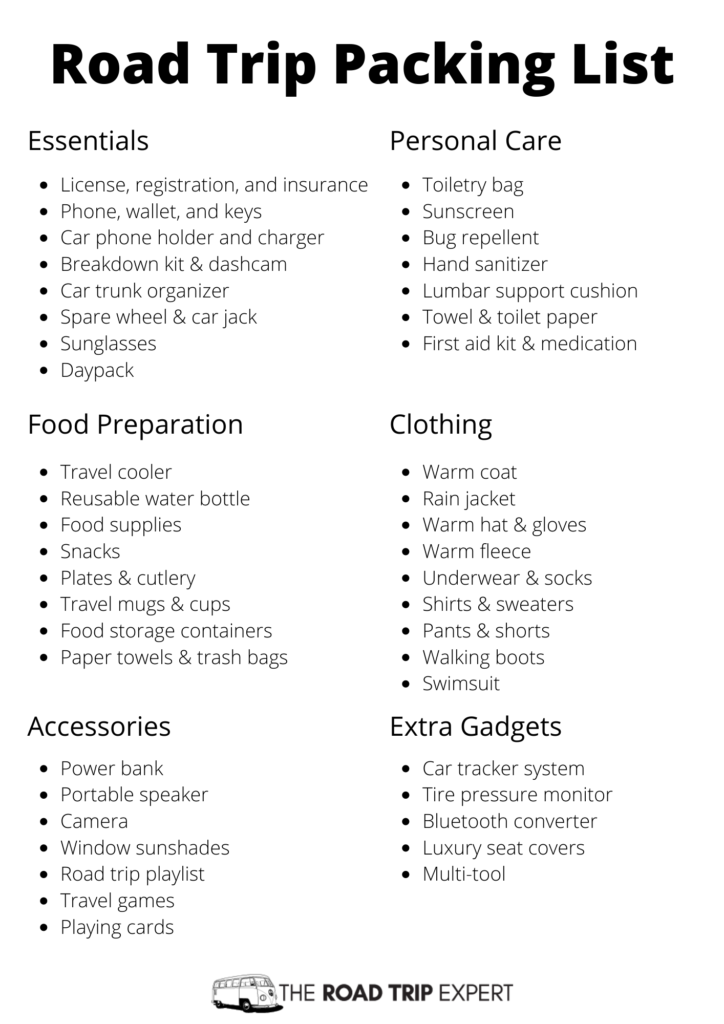
Embarking on a road trip can be an exhilarating experience, offering the freedom to explore at your own pace. However, successful trips require careful planning and consideration of several key factors to enhance enjoyment and minimize stress. Below is a comprehensive guide on how to plan effectively for your next road adventure.
Determining Your Route and Itinerary

Choosing Your Route
Start by selecting a route that aligns with your interests and the landmarks you wish to visit. Utilizing mapping tools like Google Maps or specialized apps such as Roadtrippers helps to visualize your route and identify points of interest along the way. Consider areas that may have limited options for gas stations or food, and plan accordingly to avoid running low on fuel or options when hunger strikes[6][9].
Anchor Dates and Locations
Identify ‘anchor’ locations—key destinations you want to visit. These could include cities, national parks, or specific attractions. Once you have these in mind, you can build your itinerary around them, ensuring you allocate enough time for both travel and exploration[12]. Be realistic about travel distances; factor in breaks for food, rest, and potential sightseeing to avoid overwhelming driving days[10].
Preparing Your Vehicle
Vehicle Maintenance
If you’re using your own vehicle, conduct a thorough check-up at least a week before your trip. Ensure that your oil, water levels, and tire conditions are suitable for long-distance travel. If renting a car, inspect it for any pre-existing damage before setting out, and consider purchasing insurance for peace of mind[6][7][9].
Essential Safety Gear

Pack a roadside emergency kit that includes jumper cables, a first aid kit, flares or reflective vests, and a spare tire. These items can be invaluable in case of car trouble or emergencies on the road[9][11]. It’s also beneficial to carry copies of your car insurance and registration for peace of mind[9].
Packing Smart
Travel Essentials
Create a comprehensive packing list that includes not just your personal items like clothing and toiletries, but also road trip necessities. Be sure to have a mix of comfortable clothing, versatile footwear, and protective gear like hats and sunglasses[11]. Consider using packing cubes to keep your items organized and save space in your vehicle[11].
Snacks and Drinks
Prepare a selection of snacks and drinks to keep everyone fueled during long stretches of driving. Healthy options like granola bars, nuts, and fruits are excellent choices to maintain energy levels without resorting to less healthy gas station fare[6][10][11]. Don’t forget a cooler to keep perishables fresh, and always pack a reusable water bottle to stay hydrated[6][11].
Entertainment Options
Long hours in the car can be monotonous, so load up on entertainment. Prepare playlists, download podcasts, or bring along audiobooks for engaging listening[6][10][11]. For families, consider travel games or electronic devices to keep younger passengers entertained during the drive[11].
Accommodation and Itinerary Flexibility
Booking Accommodations
Whether you plan to camp or stay in hotels, booking in advance is recommended, especially during peak travel seasons. Using websites like Booking.com can help secure accommodations along your route[12]. If you prefer spontaneity, keep a flexible itinerary that allows for last-minute stops or overnight stays in new locations[9][12].
Allow for Spontaneity
While it’s good to have a structured itinerary, leave room for spontaneous adventures. Some of the best road trip experiences come from unplanned stops at scenic viewpoints or local eateries. Be open to discovering hidden gems along your route[10][12].
Consideration for Travel with Pets or Children
Traveling with Pets
If your furry friends are joining the trip, remember to pack pet essentials such as food, water dishes, leashes, and waste bags. Plan for regular breaks to allow your pet to stretch and relieve itself[11].
Kids on Board

When traveling with children, plan for regular stops to break up long stretches of driving. Bring along entertainment and snacks tailored to their preferences, which can help minimize the “Are we there yet?” sentiments[10][12].
Final Preparations
Check the Weather
As your departure date approaches, monitor weather conditions along your route. Prepare for any potential weather-related issues by packing appropriate clothing and gear[12].
Download Useful Apps
Ensure your navigation and planning apps are downloaded before you embark on your journey. Having offline maps can be a life saver in areas with poor cell service[9][12].
Following these steps will help ensure that you have a smooth and enjoyable road trip experience. Happy travels!
Get more accurate answers with Super Pandi, upload files, personalized discovery feed, save searches and contribute to the PandiPedia.
Let's look at alternatives:
- Modify the query.
- Start a new thread.
- Remove sources (if manually added).